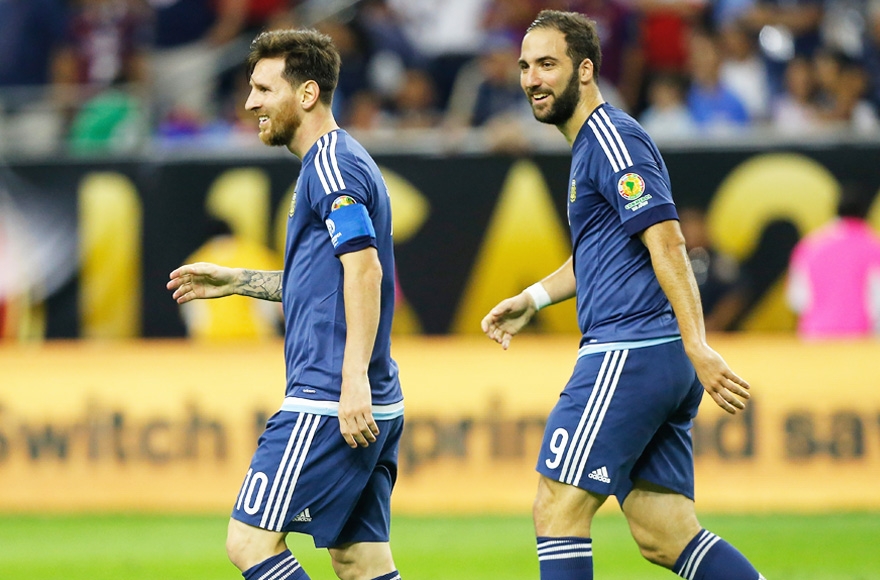

A much-anticipated soccer medals game between the Argentine and Israeli national teams was canceled Wednesday because, Israeli and Argentine officials say, of physical threats made to the Argentine players — including megastar forward Lionel Messi. The exhibition game was set for Saturday night in Jerusalem, less than a week before the beginning of the World Cup.
Beyond the disappointment of tens of thousands of Israeli soccer fans, the cancellation shows Israelis once again that even seemingly innocuous cultural events, like a soccer match, aren’t immune from the festering Israeli-Palestinian conflict. Israelis want to portray their country as a thriving democracy like any other — violence on the border and the occupation notwithstanding — and a full member of the family of nations.
And they appreciate when other countries treat them that way. Thousands of Israelis lined the streets for the Giro d’Italia cycling race last month, even though it’s not a popular sport in Israel. Celebrating that international sporting event, perhaps the largest to be held in Israel, one of Israel’s leading newspapers ran a full front-page photo with the headline “We’re on the map.”
Last month an Israeli, Netta Barzilai, won the Eurovision song contest, a 43-country competition that this year drew some 186 million viewers.
Such signs of normalization are manna for Israelis, and a setback for the Boycott, Divestment and Sanctions movement, which aims to isolate Israel internationally. So the BDS community seemed ecstatic to claim the Argentines’ decision as a result of their political pressure.
The truth seems murkier. The president of the Argentine Football Association, Claudio Tapia, apologized to Israel and said players had received threats. Protesters outside the team’s practice facility in Barcelona also waved Argentine soccer jerseys covered in fake blood — leaving it up to observers to decide whether the blood was meant to symbolize Palestinians who died or soccer players who might.
This cancellation, nevertheless, cuts especially deep. Israelis feel stung when foreigners cancel appearances because of the conflict. Earlier this year, the singer Lorde canceled a Tel Aviv concert after pressure from pro-Palestinian activists. And Natalie Portman, an American-Israeli, refused to show for a prestigious prize ceremony because of her opposition to Prime Minister Benjamin Netanyahu.
Soccer is Israel’s most popular sport, and Messi’s professional squad, FC Barcelona, is the most popular international team in Israel, according to a recent survey. So watching him face off against Israel’s team on its home turf would have been an especially big deal.
Israelis are outraged — and split on who is to blame. Even if the ultimate decision was not a direct response to BDS pressure, many accuse Israeli Culture Minister Miri Regev of inflaming the opposition by politicizing the game. Regev told Israel’s Army Radio that she moved the game from the northern city of Haifa to Jerusalem, specifically to exhibit Israel’s claim to the city. She also linked the game to “our fight over the [United States] embassy moving to Jerusalem,” which happened last month amid objections from Palestinians, the European Union and the United Nations.